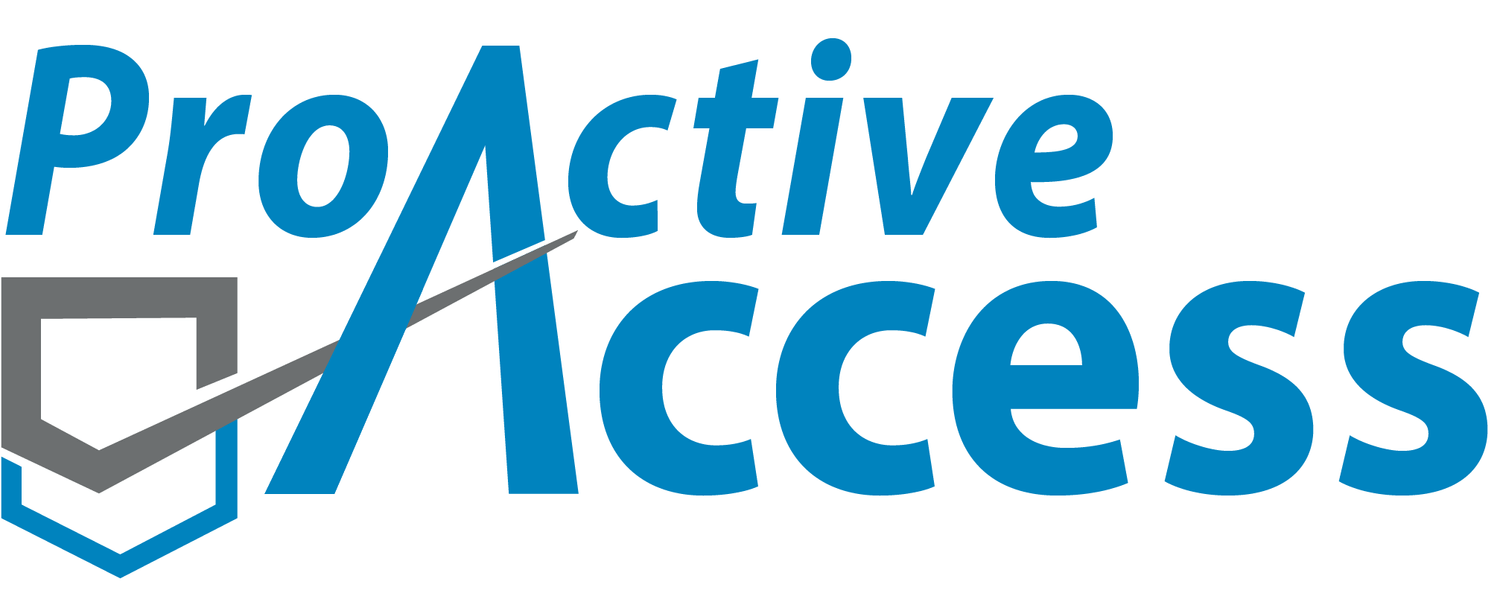Who Is Responsible For ADA Compliance?
Is the tenant or landlord responsible for ADA compliance?
The Americans with Disabilities Act (ADA) applies to both landlords and tenants. Both parties may share responsibility for compliance and so it is important to understand what is required and who is responsible for maintaining compliance prior to executing a commercial lease. In California, Assembly Bill 2093 addresses this need by establishing required lease disclosures that facilitates a discussion between tenants and landlords about disability access. AB 2093 also establishes a presumption that it is the landlords that are responsible for making construction-related accessibility improvements unless otherwise agreed upon in the lease agreement.
In general, landlords of multi-tenant sites are responsible for ensuring that the common areas of their properties are accessible to people with disabilities. This includes maintaining accessible common areas, such as parking, accessible routes, elevators, ramps, stairs, entrances, and restrooms.
Tenants also have responsibilities under the ADA. They are generally responsible for maintaining compliance within their own interior and/or exterior leased space(s).
While a lease agreement may detail which party is responsible for each space, it is not uncommon for a plaintiff to name both the landlord and tenant in an ADA lawsuit.
It is important to note that the specific requirements and responsibilities of landlords and tenants under the ADA can vary depending on the type of property and the specific circumstances of the situation. It is always best to consult with a Certified Access Specialist to evaluate the property so that all parties including: landlords, tenants and legal counsel for both parties fully understand the requirements and responsibilities for compliance prior to executing a lease agreement.
Our experienced CASp inspectors have assisted both tenants and landlords with pre-lease site surveys. Contact us today for a free consultation.


